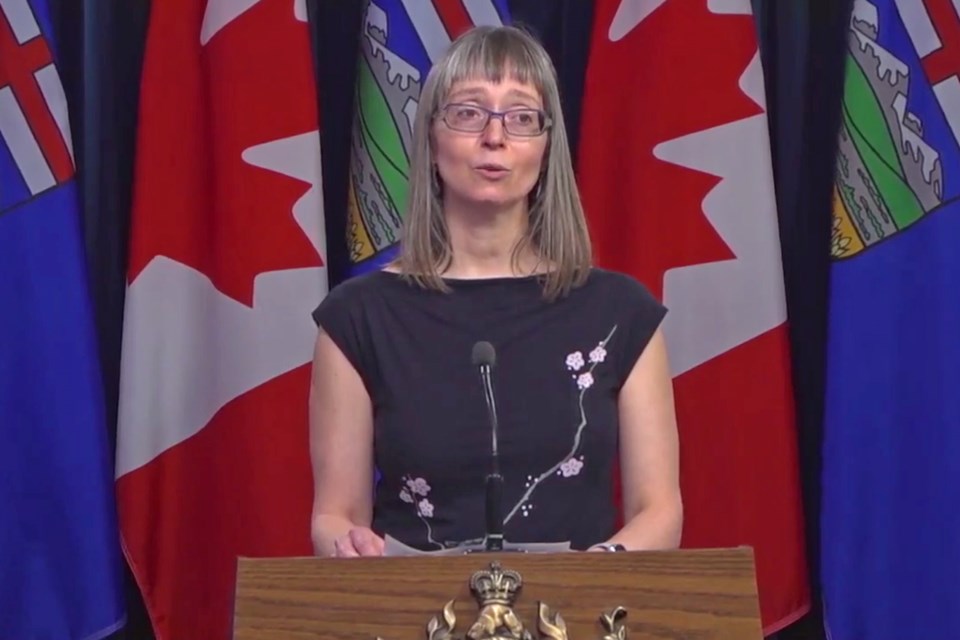The Alberta government has decided against closing schools, daycares or post-secondary institutions as a way of preventing the spread of COVID-19.
Dr. Deena Hinshaw, chief medical officer of health, said this was not a decision "made lightly."
"I understand and appreciate many Albertans are concerned about their children and the risk of COVID-19. Students should not be worried about attending class at this time," Hinshaw said.
"However, I encourage school boards to take these precautions and remind your staff and students about the personal steps they too can take to protect themselves from COVID-19.”
While Hinshaw said she understands other provinces including Ontario, Manitoba and Quebec have enacted publically-funded school closures, there are "other more effective ways to prevent spread" referring to some existing recommendations in the province put in place on Thursday.
"School closures are not universally agreed on as an effective intervention to prevent spread. In some other provinces that have chosen to close schools, they have not taken the aggressive measures that we announced yesterday."
RELATED: Schools cancel activities due to COVID-19
Any measures put into place regarding the closure of schools would likely need to stretch over months, not weeks, to be effective, Hinshaw said.
"It's important that we don't overstep because we could do more harm than good."
However, actions should be taken to make sure there are no more than 250 individuals in the same room at any given time, she said.
"This includes limiting home school activities and cancelling sporting events or after school activities where necessary."
On Saturday, guidance documents and more information will be given to school authorities directly, Hinshaw said.
Many public gathering places, like pools or libraries, will remain accessible in the province, she said, though Hinshaw encourages those places to consider enhancing their hygiene and risk mitigation measures.
This includes installing sanitizer stations, ensuring there is a mechanism to keep anyone ill from attending, and creating distance between attendees.
Travellers returning from outside of Canada since March 12 are asked to self-isolate for 14 days. Family members of recent travellers do not have to self-isolate at this time, she said.
Anyone who is feeling ill with cough or fever is asked to stay home.
Don't travel outside Canada
As the spread of the virus continues to grow internationally, travel outside of Canada is not recommended at this time, Hinshaw reiterated. People in certain professions may be exempt on a case-by-case basis, including flight attendants and pilots at this time, she said.
As of March 13, there are more than 150 confirmed or presumptive cases of COVID-19 in Canada.
Symptoms for COVID-19 are similar to influenza and other respiratory viruses, including fever, cough and extreme tiredness.
Most people, 80 per cent, recover from this virus without needing special treatment, according to Alberta Health Services. However, people who are older and those with other medical problems are more likely to develop serious illness, including difficulty breathing and pneumonia.
For more information from the province on COVID-19, click here.
RELATED: Cancel large gatherings, Alberta says
RELATED: Talking to kids about virus? Experts say be calm and honest
RELATED: 811 flooded with calls



